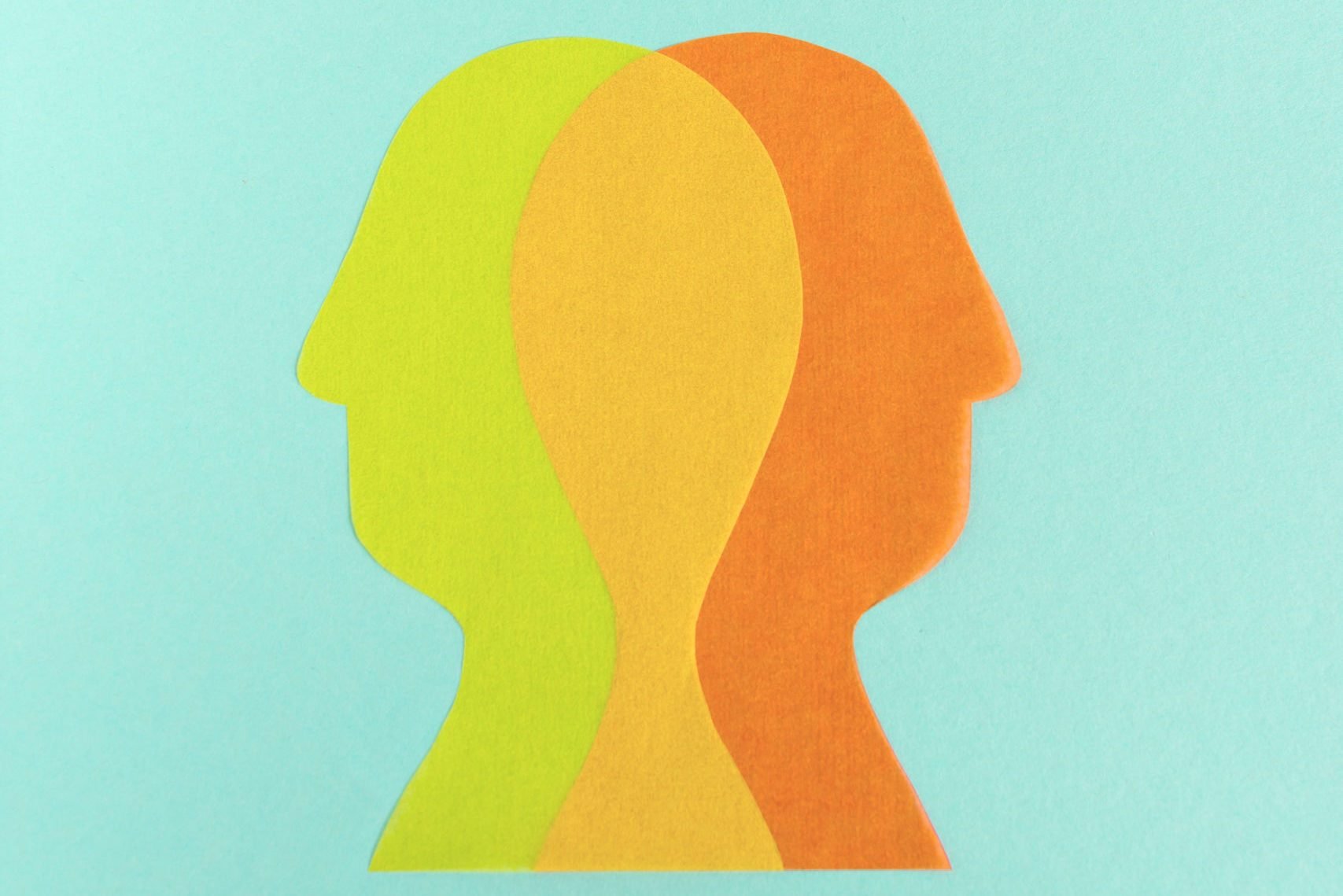Sociopaths vs. Narcissists: 3 Ways to Tell the Difference
Updated: Jun. 16, 2021
Sociopaths and narcissists may have some traits that overlap, but they are two different personality types or disorders. Here's how sociopaths and narcissists differ.
Sociopaths vs narcissists
Hannibal Lecter. Tom Ripley. Joffrey Baratheon. Amy Dunne. Patrick Bateman. The Joker. These iconic characters lie, manipulate, steal, and murder. They are cold, exploitative, vain, and smooth. They are clearly sociopaths, people who manipulate and exploit without remorse…or are they narcissists, people who believe they are the best and the smartest? (These are the signs of a psychopath.)
“Sociopaths may exhibit similar characteristics to narcissists at times, and narcissists may exhibit similar behaviors to sociopaths,” admits Mike Gallagher, licensed professional clinical counselor and clinical director at the Shoreline Recovery Center in Encinitas, California.
Apart from their shared characteristics, there are other parallels. (Here’s how to tell if you have a narcissistic mother.)
Similarities between sociopaths and narcissists
In both cases, people can express narcissistic or sociopathic tendencies or be diagnosed with a full-blown personality disorder—either narcissistic personality disorder or antisocial personality disorder.
Narcissistic personalist disorder is characterized by grandiosity, need for admiration, entitlement, and lack of empathy, while antisocial personality disorder is a condition in which a person has a long-term pattern of manipulating or exploiting others without any remorse. (Are you empathetic? Here’s how to tell if you have empathy.)
While the actions of both can certainly overlap, there are a few key ways in which narcissists and sociopaths differ from one another.
Here are three characteristics that can help you tell the difference. Also, practice caution and seek professional help if you think you’re dealing with someone with these two disorders who’s trying to hurt you. (Here’s how to tell if you’re dating a narcissist.)

Motivation
“The major difference between narcissistic personality disorder and antisocial personality disorder (sociopaths) is what drives their behavior,” says Gallagher. “A narcissist’s actions are often the result of their pursuit of self-obsession and grandiosity. Sociopaths, on the other hand, are not driven by external validation and grandiosity. Instead, they are driven by the exploitation and violation of others,” says Gallagher.
If you’re trying to differentiate between a narcissist and sociopath, this difference in the source of their motivation is often quite apparent.
“Narcissists need external validation of superiority and specialness. Sociopaths don’t need that validation,” explains says Elinor Greenberg, a licensed psychologist and author of Borderline, Narcissistic, and Schizoid Adaptations: The Pursuit of Love, Admiration, and Safety.
“They are very happy to put things over on people and then keep it to themselves, they don’t need other people to know. They do things just for the success of fooling people,” says Greenberg.
But narcissists are the last people to keep something to themselves. “They are looking to impress people in order to get higher status, so narcissists will brag about how smart they are,” Greenberg says. “They need you to validate them as special. Sociopaths don’t need external validation in the same way.”
Impulsivity
“One good differentiator between narcissistic personality disorder and antisocial personality disorder is impulsivity, or the need to act on impulsive thoughts and feelings,” says W. Keith Campbell, psychology professor at the University of Georgia and author of The New Science of Narcissism.
“Narcissism is not typically associated with impulsivity, but antisocial personality disorder is,” he says. This impulsivity is often the reason that sociopaths end up as criminals—they simply act without forethought or planning, which often leads to them getting caught,” explains Campbell.
That’s not to say that narcissists won’t commit crimes. They will just go about it in a different way.
“They’d exhibit less impulsivity, focus more on looking good, and put more thought into committing crimes,” explains Campbell. “To look good publicly, they would need to avoid getting caught, and they would spend more energy focusing on that or operating in gray areas,” he says.
Likewise, while a narcissist may be showy and extroverted in public, it will never be in a reckless or thoughtless way. Those displays are reserved for sociopaths. (Learn these extrovert personality strengths.)
Fear
Sociopaths and people with antisocial personality disorder don’t feel fear the way other people do, says Greenberg. “The parts of the brain that feel fear and tell us to avoid dangerous situations do not light up in sociopaths. So they look very brave but really it’s because they don’t feel normal fear,” she says. (Check out these strange phobias you never knew existed.)
A study published in the Journal of Neuroscience shows that psychopaths have reduced connections between the prefrontal cortex, the part of the brain responsible for empathy and guilt, and the amygdala, the part that mediates fear and anxiety. (Lack empathy? Try these empathy exercises.)
“For this reason, sociopaths and psychopaths do things recklessly and don’t learn from their experience,” Greenberg adds. On the other hand, narcissists will not repeat actions that are not beneficial to them. (Beware of these signs of narcissistic abuse.)
What’s more, narcissists will go out of their way to put other people down if it helps them feel better about themselves; they may also be frightened of the world around them.
“Vulnerable narcissists are particularly avoidance-oriented and often suspicious, fearful, and mistrustful. The world is seen as predatory,” says Campbell.
“The vulnerable narcissist protects the self from that and fights for the recognition that is owed. Most of this fighting is mental and emotional because vulnerable narcissists are often too fearful to confront people directly,” Campbell explains.
Next, read these real-life examples of people’s experiences with narcissists.
























